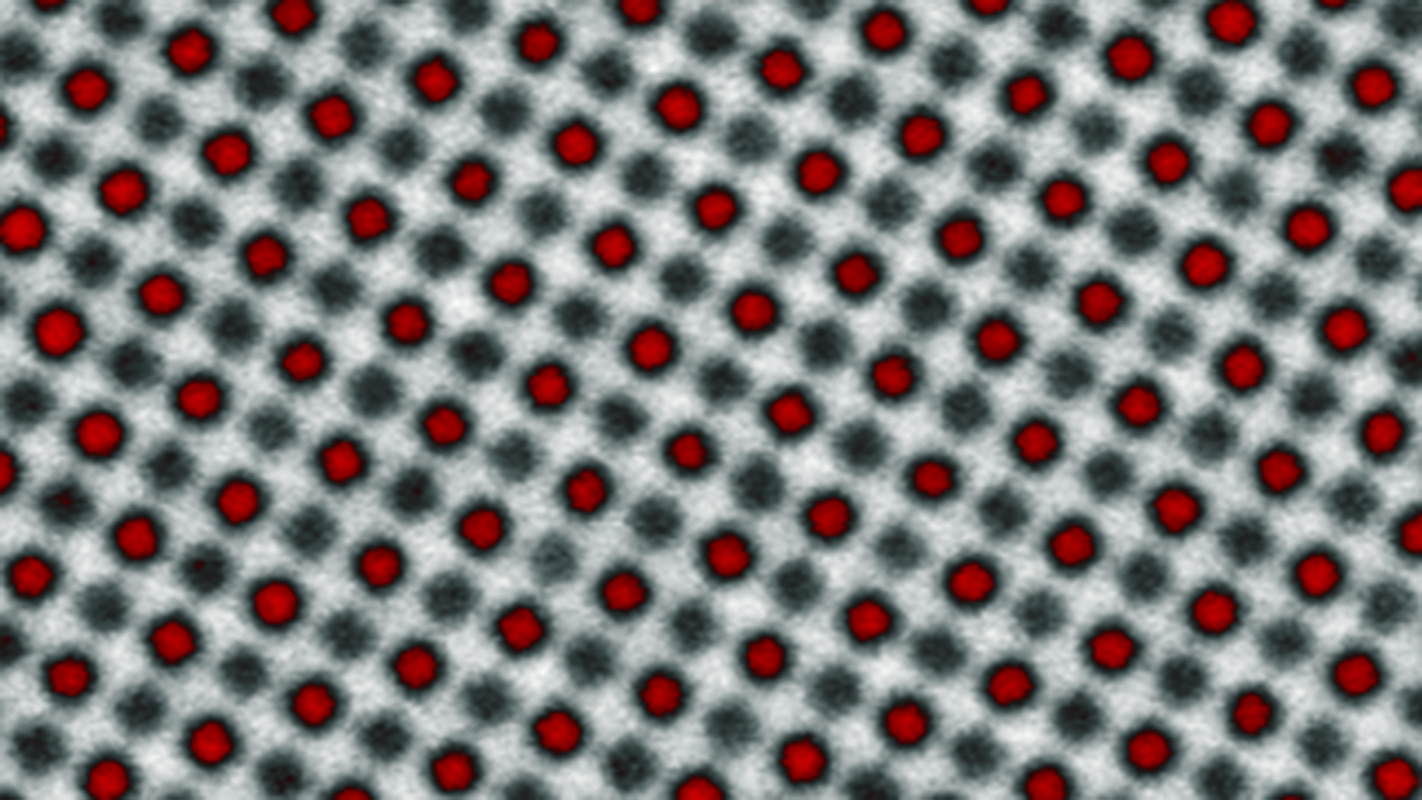NC State Leads NSF Program to Train Future Leaders at Nexus of Big Data and Materials Science

North Carolina State University and North Carolina Central University are launching a National Science Foundation-funded program to recruit and train researchers in new ways of applying advanced statistical tools to physical science data. In short, they want to create a new generation of scientists who work at the crossroads of big data and materials science.
 The five-year program, called Data-Enabled Science and Engineering of Atomic Structure (SEAS), is supported by a $2.5 million grant from NSF.
The five-year program, called Data-Enabled Science and Engineering of Atomic Structure (SEAS), is supported by a $2.5 million grant from NSF.
“Technology has advanced to a point where we now can get an enormous amount of experimental information on a material’s structure and behavior,” says Beth Dickey, a professor of materials science and engineering at NC State and the director of SEAS. “Computational techniques have also advanced, giving us unprecedented amounts of data from modeling and simulation. That means we need to develop new, hybrid areas of expertise that allow us to capitalize on these humongous data sets in an efficient and meaningful way.
“Our goal with SEAS is to develop a cadre of graduate students at the nexus of characterization techniques – such as electron microscopy – and mathematical, statistical and modeling techniques, who can address big data challenges,” Dickey says.
SEAS plans to train at least 15 graduate students per year, starting in the second year of the program. There will also be a total of 12 paid graduate fellows per year, divided between NC State and NC Central.
“These trainees will become champions of this emerging, interdisciplinary field and global leaders in data-driven interdisciplinary STEM research,” Dickey says. “This effort is consistent with NC State’s data science initiative, which aims to advance the ways we understand, manage and make use of data.”
Co-directors of SEAS are Brian Reich, an associate professor of statistics at NC State, and Caesar Jackson, a professor of physics at NC Central.
The SEAS program is part of the NSF’s overarching Research Traineeship Program, which is designed to facilitate the creation of “bold, new and potentially transformative models for STEM graduate training.”
- Categories:


